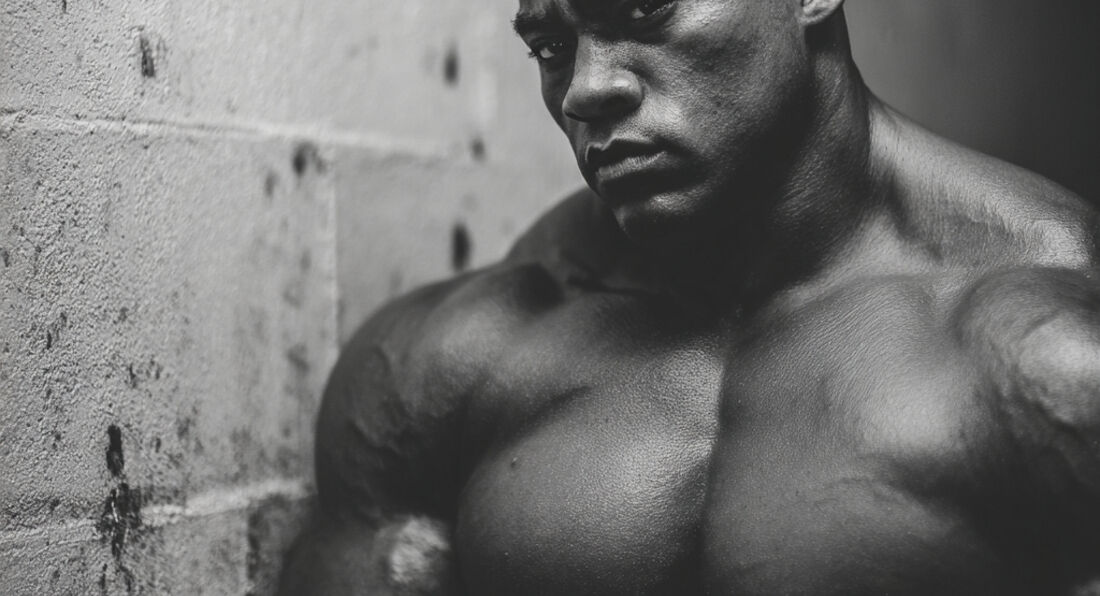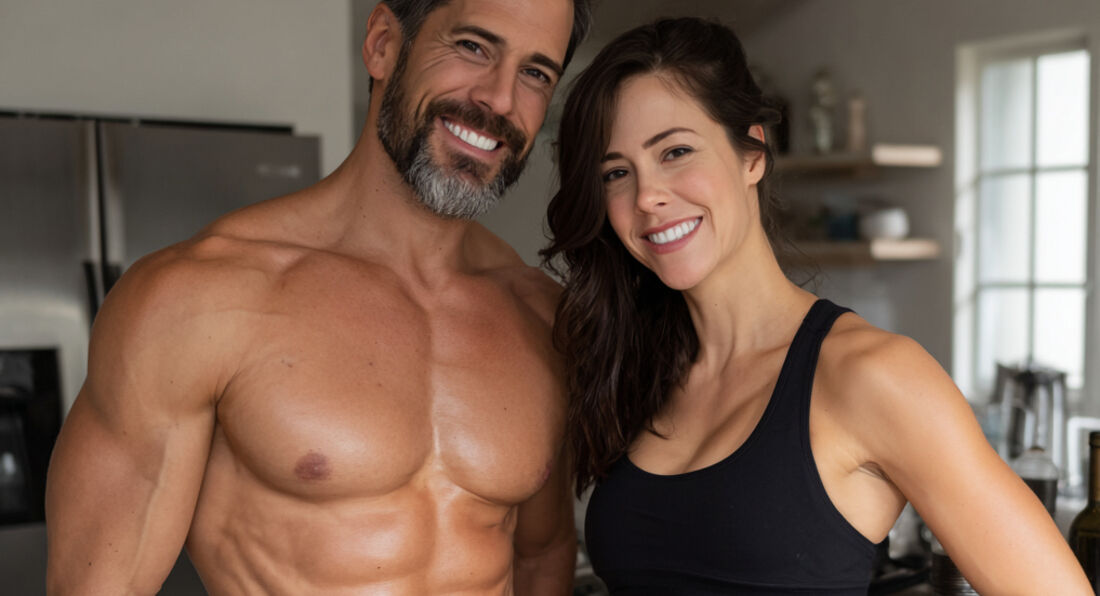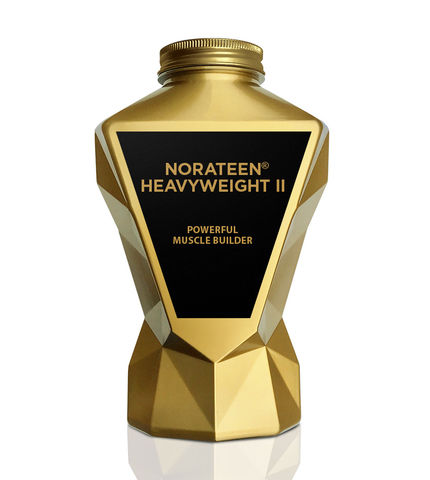The Knowledge > How To Build Muscle >
Friday, 16th May 2025
How taking a break can build more muscle!
By LA Muscle on 16.05.2025 07:43 pm

In the world of fitness, there's a deeply ingrained belief that consistent, relentless training is the only path to muscle growth. However, science—and the routines of seasoned professional bodybuilders—tell a different story. Strategic breaks, also known as deloads or training hiatuses, can be highly beneficial for hypertrophy, strength gains, and injury prevention.
The Science Behind Rest and Muscle Growth
Muscle growth (hypertrophy) occurs not during training, but during recovery, when the body repairs microtears in muscle fibres caused by resistance training. This repair process results in stronger and larger muscle tissue. Training without adequate rest can lead to overtraining syndrome, which may cause fatigue, decreased performance, hormone imbalances, and even muscle loss (Kreher & Schwartz, 2012).
Supercompensation Cycle
Training causes fatigue and depletes performance temporarily. Recovery allows performance to return to baseline—and then surpass it, a phenomenon known as supercompensation. If you do not allow for proper recovery, you continually train in a fatigued state, never allowing full supercompensation.
Reference: Bompa, T. & Haff, G. (2009). Periodization: Theory and Methodology of Training.
Hormonal Rebalancing
High-frequency training can elevate cortisol (a catabolic hormone) and suppress testosterone and GH (both anabolic). Taking time off allows the body’s hormonal environment to reset, supporting more effective muscle building in future sessions (Urhausen et al., 1998).
Reference: Urhausen, A., Gabriel, H., & Kindermann, W. (1998). "Blood hormones as markers of training stress and overtraining." Sports Medicine.
Professional Bodybuilders Who Swear by Rest PeriodsJay Cutler (4x Mr. Olympia)
Jay Cutler has often emphasised the importance of taking time off in interviews. He recommends 1 full week off every 8–12 weeks of intense training.
“Your body grows when it rests. I’ve always believed in letting my body fully recover every couple of months. That’s when I really see my muscles pop back.”
— Jay Cutler, YouTube Q&A, 2020
Ronnie Coleman (8x Mr. Olympia)
Even Ronnie Coleman, known for his extreme training, has acknowledged the importance of rest.
“When I took time off after a show or injury, I’d come back stronger. Rest was like hitting the reset button for growth.”
— Ronnie Coleman: The King (Netflix Documentary)
Dorian Yates (6x Mr. Olympia)
Dorian was a pioneer in High-Intensity Training (HIT), training less frequently but with extreme intensity, and taking full weeks off after competition or tough training blocks.
“You don’t build muscle in the gym; you stimulate it there. Growth happens when you’re eating, sleeping, and resting.”
— Blood and Guts Training Manual
What Happens During a Short Break?
A break of 5–10 days from training can:
-
Restore muscle glycogen levels fully
-
Reduce systemic inflammation
-
Repair microtrauma in joints, tendons, and ligaments
-
Improve sleep quality
-
Restore motivation and mental focus
A 2013 study in Journal of Strength and Conditioning Research showed no loss in strength or muscle size after a 2-week break in trained individuals, and in some cases, slight improvements in performance post-break due to recovery and supercompensation (Ogasawara et al., 2013).
Reference: Ogasawara, R., Yasuda, T., Sakamaki, M., Ozaki, H., & Abe, T. (2013). "Effects of periodic and continued resistance training on muscle hypertrophy." J Strength Cond Res.
How to Structure a Productive Break
1. Full Rest Week
-
No resistance training
-
Light movement: walking, stretching, or yoga
-
Focus on nutrition, sleep, hydration
2. Deload Week
-
Train at 50–60% of normal volume or intensity
-
Focus on form and technique
-
Great for nervous system recovery while maintaining habit
3. Mental Reset
-
Use this time to reassess goals
-
Plan next training block (e.g., switching from hypertrophy to strength or vice versa)
Why You Shouldn't Fear a Break
Many gym-goers worry that taking time off will lead to muscle loss. However, research shows that muscle atrophy doesn't begin until after 2–3 weeks of complete inactivity, and even then, it is minimal and quickly reversible with resumed training.
Reference: Mujika, I. & Padilla, S. (2000). "Detraining: loss of training-induced physiological and performance adaptations." Sports Med.
If you’re feeling run-down, hitting plateaus, or noticing nagging injuries, a short break can do wonders. Think of it not as slacking off—but as a strategic tool for long-term growth.
A short break from training isn’t laziness—it’s science-backed recovery. Professional bodybuilders like Jay Cutler, Ronnie Coleman, and Dorian Yates incorporate rest as an essential part of their routines. Taking a week off every few months, or even a deload week, can reset your body, rebalance hormones, reduce injury risk, and often lead to greater gains when you return to the gym.
If you’re constantly pushing hard without ever easing up, consider this: your next big muscle growth may come not from more sets—but from stepping back and letting your body do what it does best—grow.





























